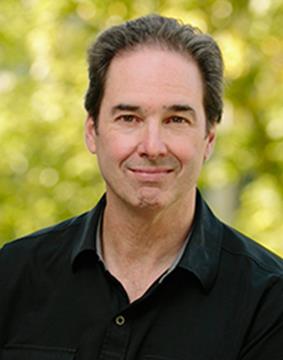Topic: Compartmentalization of the terrestrial water cycle
Speaker: Professor Jeffrey J. McDonnell
Time: 15:30-17:00, September 25 (Wednesday)
Venue: Room 201, Building 4

Personal Profile:
Dr.Jeffrey McDonnell is a professor in the School of Environment and Sustainability at the University of Saskatchewan, elected Fellow of the Academy of Science of the Royal Society of Canada and the American Geophysical Union. He is mainly engaged in isotope hydrology research. So far, he has released more than 300 academic papers, including nearly 20 papers published in top journals, such asNature,Science,Nature Geoscience,Nature SustainabilityandNature Climate Change. He is the hydrologist whose papers are cited the most in the world.
Our quantitative understanding of the terrestrial water cycle dates back to Pierre Perrault who in 1674 “measured” the water budget of a 145 km2 headwater catchment of the River Seine near Dijon, France. He showed that rainfall volume explained sufficiently the water carried off by rivers and removed by evaporation. This study demonstrated that ‘underground condensation in reservoirs’ was not needed explain streamflow or plant transpiration---a concept previously debated since the ancient Greeks. Subsequently, the catchment water balance (inputs-outputs=change in storage) has become one of the most important equations in the geosciences. However, recent work using stable isotope tracers shows a much more complex water cycle than simple hydrometric observations suggest. At scales from global to microscopic, the water cycle appears highly compartmentalized and poorly mixed at timescales well beyond the annual measurements of input and output. This talk summarizes recent work and attempts to make a case for thinking about the stored inventory of old water in our water balance accounting model.
HOT
2019-09-25
Academic Report of P...2019-09-25
Academic Report of P...2019-09-25
John A. Cherry lectu...2019-09-25
Distinguished Lectur...